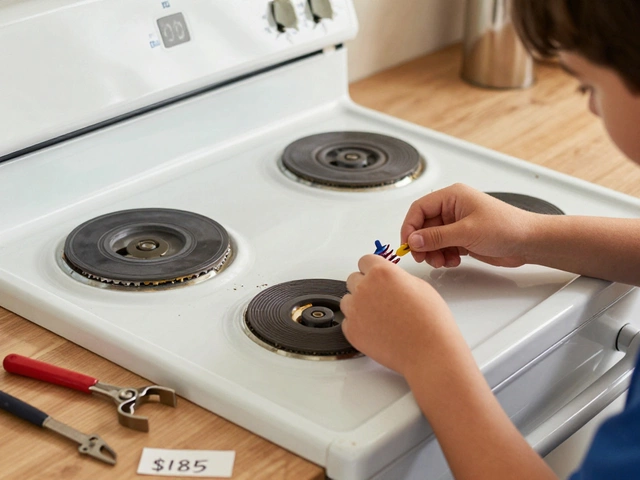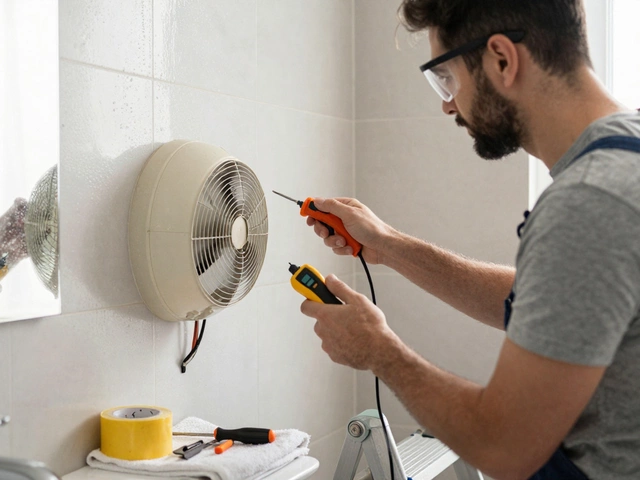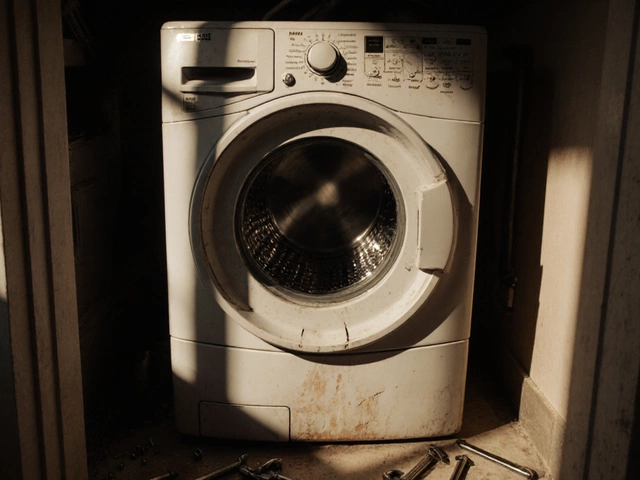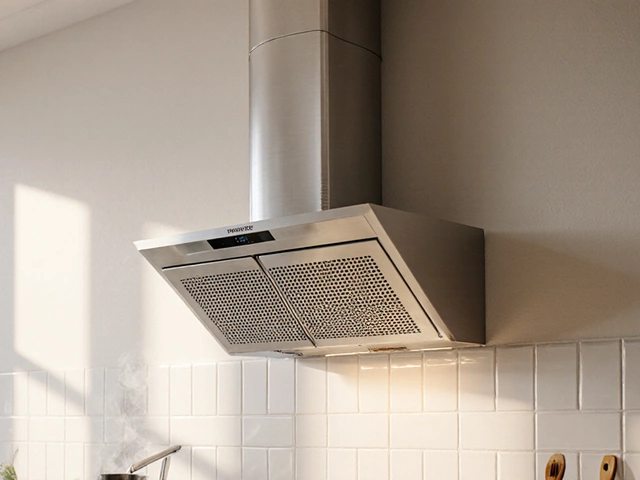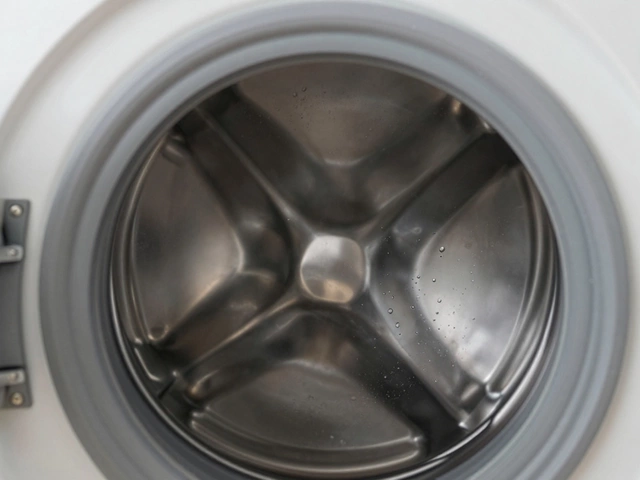So, you're all set to whip up a dinner masterpiece, but your cooker decides to go on strike. First thing's first—don't panic. Let's look into some of the usual suspects for why your cooker might be acting out.
Before diving into the guts of the machine, check the power supply. You'd be surprised how often a simple plug or breaker issue is the culprit. Make sure it's plugged in securely, and see if any breakers have tripped. Seems basic, but it's an easy fix if it's just an oversight.
If power's not the problem, maybe the burners aren't behaving. Electric ones might have a blown element or a loose connection underneath. Gas burners, on the other hand, could be suffering from clogged holes or a faulty ignition switch.
- Common Power Issues
- Burner Malfunctions
- Oven Won’t Heat
- Strange Noises or Smells
- Digital Display Problems
- When to Call a Professional
Common Power Issues
At some point, everyone faces a cooker that's giving them the silent treatment. Often, it boils down (pun totally intended) to power problems. Here's where to start your sleuthing.
First off, the most fundamental check: the plug. Ensure your cooker is plugged in properly. It sounds like a no-brainer, but sometimes those little gremlins called 'kids' might have unplugged it without anyone noticing. If it's an electric cooker, double-check that the socket is functional by plugging in another gadget.
Next up, head to your home's electrical panel. A tripped circuit breaker can be a common offender. The breakers might have flipped if you’ve recently had a power surge or overloaded the circuit. Resetting them is usually plenty easy.
If your cooker uses gas and electricity (like for igniting the burners), a loss of power can still impact functionality. Make sure other appliances on the same circuit aren't causing overloads. It's amazing how much juice some gadgets draw without you even realizing it!
Got a digital display on your cooker that’s dark? It might be that the clock function has failed, and resetting it can solve the issue. Sometimes just holding down the reset button for a few seconds can bring it back to life.
- Check plugs and sockets: Make sure it's not a loose connection.
- Inspect the circuit breakers: Reset any tripped switches.
- Reduce circuit load: Unplug unnecessary appliances temporarily.
- Reset digital displays: Follow manufacturer instructions if available.
If these checks don’t revive your cooker, it might be time to consider the wiring itself, which is when calling a professional is the best move. After all, dealing with electrical issues beyond the basics can be hairy and definitely a job for someone with more experience.
With power problems mostly ruled out, it's easier to narrow down what else might be happening—in the fascinating world of burners and beyond. If you find out it's none of these straightforward issues, don’t sweat it; there are more tricks up our sleeves in the upcoming sections.
Burner Malfunctions
Alright, so your cooker is acting up and you suspect it's the burners. Let's break down what might be going on. If you've got electric burners, the problem often lies in the heating element itself. These coils can burn out over time, leaving you with a cold stove. To check this, unplug the burner and swap it with another one on your cooker. If the new one works fine, then it's time to replace the faulty heating element.
On the flip side, gas burners come with their own set of quirks. If you've ever turned the knob and heard no click or seen no flame, the igniter could be shot. Sometimes, all it takes to bring it back to life is cleaning it. Over time, spills and food debris can clog the narrow holes, blocking the gas flow. Get a paperclip (unbent, of course) and gently poke it into the burner holes to clear any obstructions.
For both electric and gas cookers, make sure no wires have come loose. A simple wiggle-test can often reveal a dodgy connection. But be careful—always cut power to the cooker before diving into the insides. Safety first, always.
Another common hiccup with burners can be linked to switches or dials. If turning the dial results in nothing, not even a click, then the switch might be fried. Probe it with a multimeter (or enlist a DIY-savvy mate) to see if it's the culprit.
Here's a quick comparison of electric versus gas burner issues:
| Electric Burners | Gas Burners |
|---|---|
| Burnt out coil | Clogged burner holes |
| Loose wire connections | Faulty igniter |
| Broken or jammed switch | Gas flow obstruction |
If none of these fixes the problem and your cooker is still part of an appliance defying-stubbornness marathon, it might be time to bring in a pro before things get worse.
Oven Won’t Heat
When your oven refuses to heat up, it's like your cooker is giving you the silent treatment. This could be due to several reasons, but don't fret just yet. Let's explore some likely causes.
First up, check the oven's power supply. Is it plugged in or is the breaker tripped? It sounds simple, but it's a common snag. If your oven is gas-powered, ensure the gas valve is open and the pilot light or igniter is working.
If power isn't the issue, the heating element might be on the fritz. A burnt or broken element in an electric cooker is a usual suspect. You can often spot this by looking for visible damage or testing it with a multimeter if you're handy.
For gas ovens, the igniter could be the troublemaker. If it fails, it won't spark enough to light up the burners. Even if it glows, it might not be functioning right. Again, a multimeter test can verify this.
Sometimes the problem lies with the thermostat sensing bulb. If it's dislodged or damaged, it won't tell the oven to heat up properly. Make sure it's in place and unbroken.
In case the issue is harder to pin down, check out the digital controls or settings. An electronic control board might have gone out of sync or malfunctioned, especially if your setup is on the fancier side.
Now, if you're itching to get all DIY on this, be cautious. Gas and electric ovens aren't forgiving to guesswork. When in doubt, call in a professional repair service to avoid turning a small problem into a big bill.
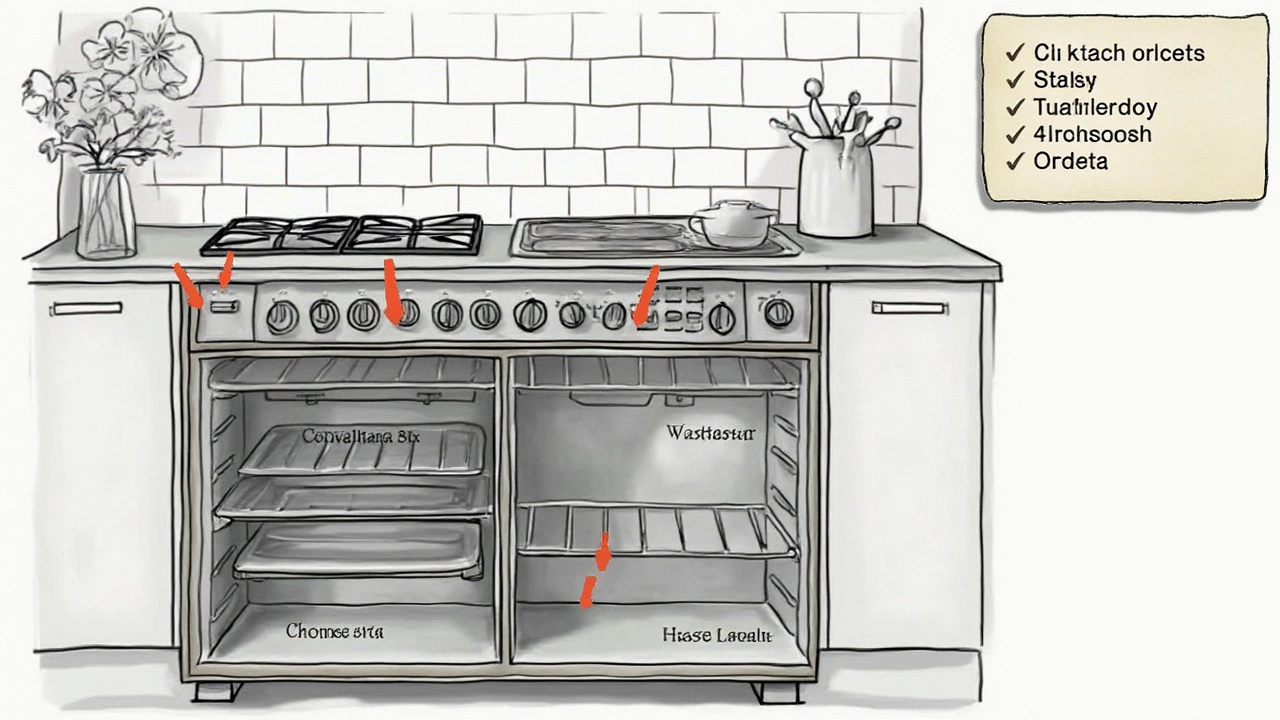
Strange Noises or Smells
If your cooker starts grumbling or giving off funky odors, something's definitely not right. Let's break down what these strange events could mean for you and your kitchen.
Weird noises coming from your kitchen buddy might sound eerie, but they're often a signal. Rattling? Could be a loose panel or a fan that's lost a screw or two. If you're hearing a clicking sound from a gas model, it might be the igniter trying but failing to light.
Now, let's talk smells. If something smells hot but the cooker is cold to the touch, the thermostat might be stuck or the electrical wiring could be overworking and overheating. However, if you catch a whiff of rotten eggs, take it seriously—this is often a sign of a gas leak. Open windows, shut off the cooker, and call the gas company pronto.
Burning smell? You could be dealing with food debris stuck where it shouldn't be, or maybe something's amiss with the wiring. If it's the latter, it's best not to DIY—call someone who knows their stuff.
Here's a quick breakdown of what to listen and sniff for:
- Rattles: Check for loose parts.
- Clicking: Could mean ignition issues.
- Hot Electric Smell: Think thermostat or wiring problems.
- Rotten Egg Smell: Possible gas leak—call for help!
- Burning Smell: Inspect for debris or electrical issues.
Understanding these noises and smells can keep you safe and avoid bigger repair bills. Remember, when in doubt, it’s okay to call in the professionals to ensure everything’s working smoothly again.
Digital Display Problems
Your cooker's digital display can be the source of endless frustration if it starts going wonky. Imagine this: you're trying to set the timer or check the temperature, but the display either shows nothing or random symbols. What a hassle!
First, check for a simple reset. Sometimes, unplugging your cooker for about a minute can reboot the system and solve minor glitches. It's kind of like giving your cooker a quick nap to refresh.
If that doesn't help, consider the kitchen environment. Excessive moisture or heat—surprising in a kitchen, right?—can mess with the display's internal circuits. Make sure your cooker has good ventilation and isn't parked next to a steamy dishwasher.
Still no luck? The issue might be a faulty control board, which is a bit like the brain of your cooker. Replacing it is trickier and might require a pro, especially if you're not comfy handling electronics.
Take a moment to peruse your cooker's manual. It often contains troubleshooting tips specific to your model. Plus, checking the manufacturer's website for updates or recalls could give you a hint if this is a known issue.
Addressing repair needs quickly can save a lot of stress down the line. No one wants to end up with dinner plans derailed because the cooker is on the fritz!
When to Call a Professional
So, you've stuck to the basics, but your cooker still won't come to life? It might be time to throw in the towel and call a pro. But how do you know when you've hit that point of no return? Here’s a quick guide to help you decide.
If you’re facing electrical issues, and switching breakers or checking plugs didn’t work, a trained technician should take a look. Messing with wires and circuits without proper skills can be risky business. It's better to leave it to someone who's got the know-how.
For gas cookers, any issue related to the smell of gas or failures in ignition should not be delayed. Gas leaks are dangerous and need immediate professional attention. If you suspect a gas leak, shut off the main gas valve and contact an expert right away.
Then there's the issue of faulty components. If the oven’s not heating despite a known good power supply, you might be dealing with a busted heating element or a faulty thermostat. These parts need testing and replacement, which can get complex.
Digital displays gone haywire? Sometimes, these problems are due to a glitchy control board or a blown fuse inside the control panel. Complete replacements or intricate repairs can be intricate, involving myriad tiny screws and delicate parts.
When attempting fixes yourself, if you feel like you’re in over your head, it’s cheaper in the long run to call a certified technician rather than causing more damage. Many repair companies offer free diagnostics, so you can know what you're dealing with upfront before committing.
- Safety first with anything gas-related – always call a pro.
- Unfamiliar noises or any burning smells? Best left to experts.
- Broken components without clear replacement options should be checked by professional eyes.
Hiring a professional might seem costly, but it's often the quickest, safest resolution to getting your kitchen back to normal. Plus, finding a reliable technician means you'll have a go-to expert for future appliance issues.



